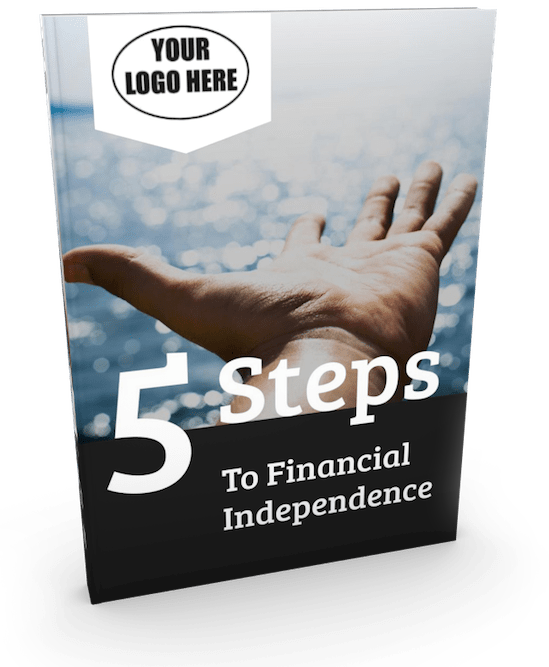
New increased super contribution caps
As the end of financial year gets closer, some investors are thinking about the most effective ways to boost their

Donec eget eros eget nunc accumsan congue sed in orci. Vivamus quam nunc, egestas non dapibus non, aliquet vitae dui. Maecenas elit nibh, consectetur id ipsum quis, convallis euismod nisl.
Superannuation (or super) is a fund specifically designed to help you save and invest for your retirement. More content
It’s restricted as you generally can’t withdraw from super until you retire or reach your preservation age (that’s the intention, although there are special conditions of release).
And super funds are set up as trust funds. This means a trustee is appointed to manage the fund on behalf, and for the benefit, of its members.
Super receives special tax treatment compared to your other money. When it comes to investing over the long term, there aren’t many better tax-effective ways to save for your retirement.
Lower taxes and more investment options – such as local and international shares, property and fixed interest investments – offer your super more potential to grow.
** Deposits into a super fund are called contributions.
Super opens your money to the world of investment markets and you can choose how it is invested. Money in super is taxed in different ways to your other investments. It’s designed to reward you for investing for the long term. Your insurance premiums, which are part of your super contributions, may be paid from your pre-tax salary, which is a tax-effective way to enjoy the protection you and your family need.
The most common type of super is an accumulation fund, which is like a managed fund or investment. The main difference is the advantageous tax treatment on contributions and earnings which your money enjoys until you retire. If you have a lot of assets and have the time, you may want to consider a self-managed super fund to take control of your super.
Deposits into super are known as ‘contributions’. There are two types of contributions. They can be made from your:
Generally, concessional contributions (made from pre-tax income) attract a contributions tax of 15%, which can be significantly lower than your marginal tax rate. Tax on non-concessional contributions (made from post-tax income) does not apply. However, there are caps on both these types of contributions which vary depending on your age.
Smart Financial Planning, Financial Planners in Umina Beach provide superannuation advice. Contact us on Phone 02 4342 1888.

As the end of financial year gets closer, some investors are thinking about the most effective ways to boost their

In this free ebook we share 5 important steps you can take to get control of your financial situation.
Donec eget eros eget nunc accumsan congue sed in orci. Vivamus quam nunc, egestas non dapibus non, aliquet vitae dui. Maecenas elit nibh, consectetur id ipsum quis, convallis euismod nisl. Sed sem magna, semper vitae felis et, fermentum euismod justo. Sed tristique mauris lorem, id auctor nisi tincidunt eget.
Donec eget eros eget nunc accumsan congue sed in orci. Vivamus quam nunc, egestas non dapibus non, aliquet vitae dui. Maecenas elit nibh, consectetur id ipsum quis, convallis euismod nisl. Sed sem magna, semper vitae felis et, fermentum euismod justo. Sed tristique mauris lorem, id auctor nisi tincidunt eget.
Trilogy FG Pty Ltd (t/a Trilogy Financial Group) is an Authorised Representative of Consultum Financial Advisers Pty Ltd ABN 65 006 373 995, AFSL number 230323, an Australian Financial Services Licensee, with offices at Level 6, 161 Collins Street, Melbourne VIC 3000.
The advice on this website may not be suitable to you because it contains general advice that has not been tailored to your personal circumstances. Please seek personal financial advice prior to acting on this information.
158-164 Langtree Ave
Mildura, VIC 3500
PO Box 5089
Mildura VIC 3502
Mon - Fri: 8.30am - 5pm
Sat - Sun: Closed